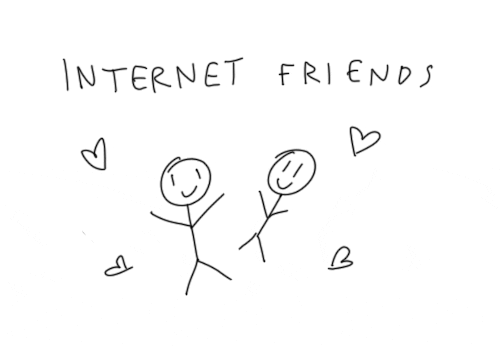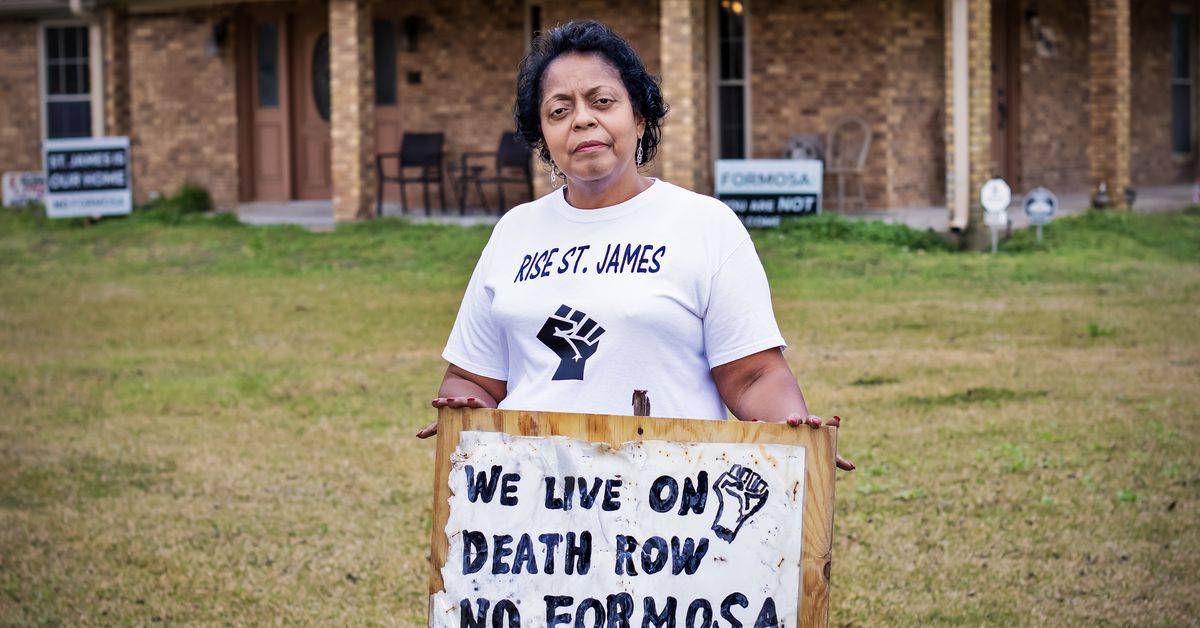it's still monday & there's still good news
alright so i know i'm a little late but we've already discussed how mariah carey and i feel about time and i am personally feeling very disconnected from whatever the fuck is going on. if you feel the same way, let's scroll through some internet content together below.

that's this weekend?
mother's day is this weekend as i was reminded by the thoughtful sibling™. for a lot of us, these sorts of holidays are a minesweeper game of trauma. i hope you take care of yourself on sunday. if you're looking to give a matronly figure in your life (even if that's yourself) something, i recommend this org that sells incredible products that benefit survivors of domestic violence.

i'd also love to share this tweet about matrilineages with you.
I find it beautiful how the most valuable member of killer whale pods is the grandmother. Pods are matrilineal& the grandma is who passes down knowledge (esp hunting skills, parenting skills), grandmas can live up to 80 year old, and the pods future is reliant on that knowledge
— Walela (they/them) (@itswalela) April 29, 2021
we'll never be those kids again
yes, it's a frank ocean quote. anyway. as i re-enter the organizing game in a real way i am reflecting on the ways that i understand it different at 31 than i did in my teens and twenties. i'm excited to share more on friday (👀) about the ways that i am throwing myself wholly into a learning and organizing endeavor for the next six weeks. for now i am feeling grateful for these words from an organizing elder:
Visiting Margie Richard, leader from Diamond who brought Shell to its knees in the early 2000s. Here’s her message today:“It’s never too late for restoration & conservation. But it takes preparation to conserve nature and humanity. Together we all can make a difference.” pic.twitter.com/ZIWConlYrG
— annerolfes (@annerolfes) April 29, 2021
momentum is important
the fight for climate justice is gaining traction in some really cute ways. for some background info here's a recent well-done piece about environmental racism that details the topic and begins to imagine a way forward.
For instance, a 2019 study found that redlining, the government-sanctioned effort to segregate communities of color that began in the 1930s, is a strong indicator of which neighborhoods suffer the most from extreme heat. While white neighborhoods historically received more community investment in clean green spaces that help cool the area, Black neighborhoods were deprived of resources and slotted next to traffic-choked highways and other industrial infrastructure.
Fossil fuel companies exploited this segregation. In places like Mossville, Louisiana, a small, unincorporated town founded by formerly enslaved people in 1790, nearly all its Black residents have been bought out by the South African petrochemical giant Sasol to build a gargantuan chemical complex. A similar scenario played out in the East End neighborhood of Freeport, Texas, labeled as the “Negro District” in the 1930s. Housing, residents, and once-thriving businesses in East End have dwindled, a trend recently accelerated as officials voted to use eminent domain to expand the port’s shipping channels to make room for large polluting industrial ships.
Such systemic injustices are as old as America. But there’s growing scientific awareness and pushback against these inequities. Environmental lobbying groups had long been overwhelmingly white, focusing more on nature conservation and less on community impact. It wasn’t until recently that Big Green groups began to reckon with their racist past. In the wake of last summer’s nationwide protests for racial justice, for example, Sierra Club put out a statement that acknowledged the role it played in perpetuating white supremacy in the movement.

click here to read a bill that was introduced last year that strengths Title VI of the Civil Rights Act of 1964 and looks to make environmental racism a legislative priority.
a UBI program is being launched in tacoma
now that Mayor Tubbs piloted a universal basic income program in stockton, california, other cities are also using the taxes they collect from their citizens to actually help citizens.
The program, titled GRIT – Growing Resilience in Tacoma, will provide $500 a month to 100 families for a year...The money is meant to supplement the wages of families who are above the poverty line. The program will focus on ALICE households – which stands for Asset Limited Income Constraint but Employed. ALICE households have an income but do not have enough saved to create a safety net, cover all of the essentials or cover a financial emergency. Their household budget is typically below $52,000 a year, according to United Way of Pierce County. The program will also focus on single heads of households, Black, Indigenous and people of color who meet ALICE criteria in Tacoma. Participants will be selected at random from a pool of applicants by a research team at the University of Pennsylvania.
read the article here, or watch the press conference with Mayor Victoria Woodards below:
whew. i guess we're still winning after all
as always, i hope this was useful
if it was and you've got five bucks a month to spare, click here.
with hope,
katie wills evans


